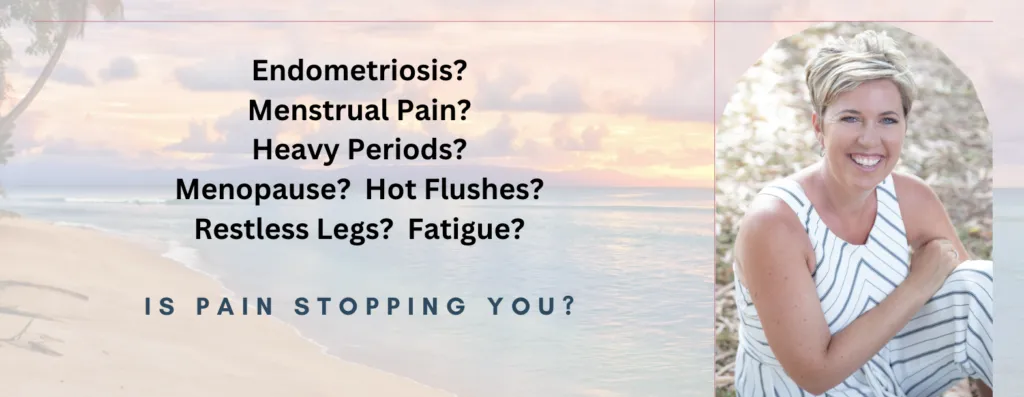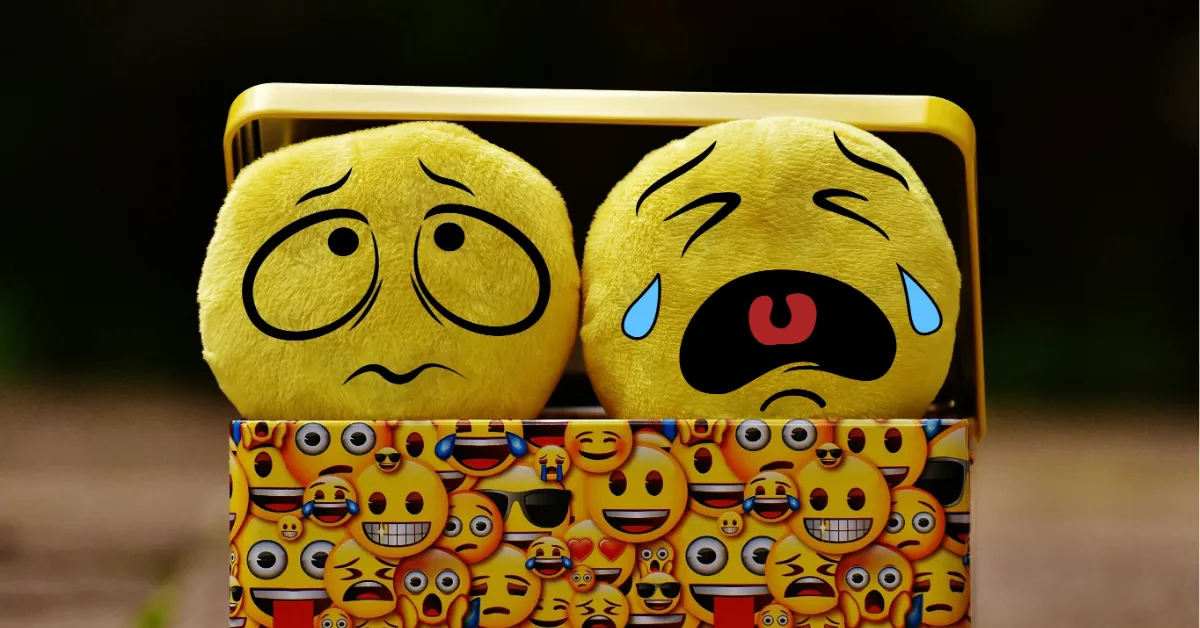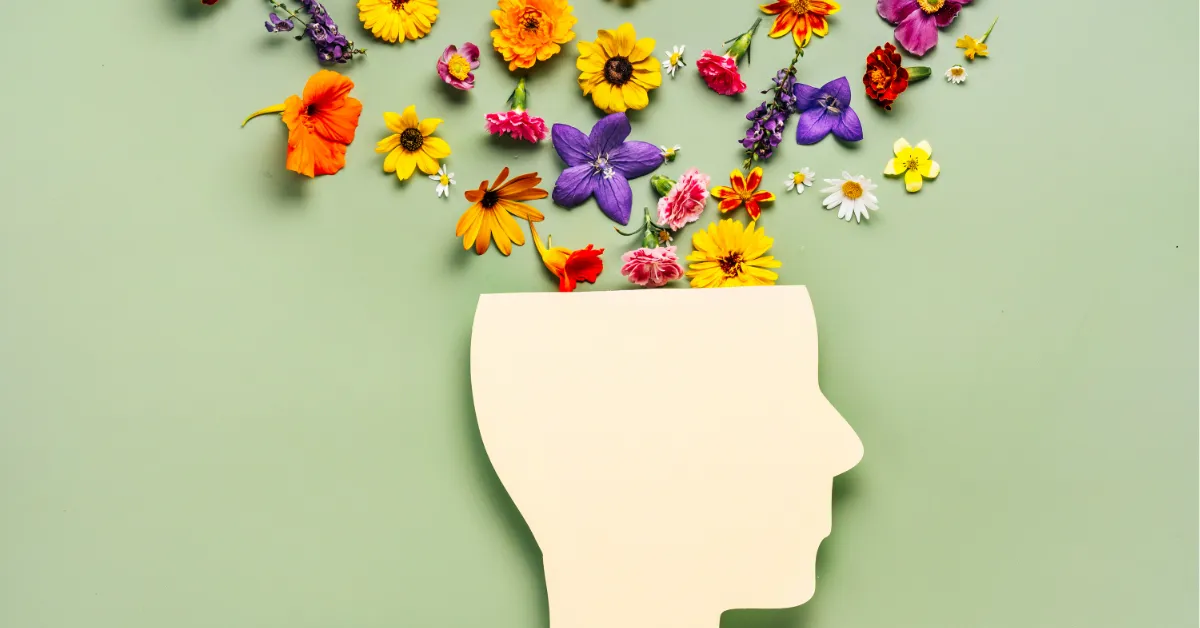The Connection Between Emotional Blocks and Physical Health
The Connection Between Emotional Blocks and Physical Health
Published: October 29, 2024


Personal Goals:
Spend more time with the family
Make self-care a priority
Go on a holiday at least once a year
OR
Professional Goals:
Gain more clients or custom
Earn more money
Explore further avenues
BUT... None of this is happening!
There are probably many legitimate reasons including a fully packed life that is blocking you from smashing those goals but...
Have you ever considered that perhaps they are just excuses? After all, it’s much easier to think about them, even write them down under the pretense you are "going after them". It's almost like you are telling yourself...
"I am going to accomplish these goals this year, don't you worry self, it's going to happen."
but then...
"Why is everything so complicated and hard... I never have enough time to get where
I want to go..."
The thing is it's so much easier to blame time, family commitments, or the dog. What you may not know is you could have real blocks that are contributing to the stalemate of achieving your goals rather than procrastination
(lightbulb moment!)
While there may be numerous obstacles standing between you and your goals, they are not insurmountable. By acknowledging and addressing these barriers head-on, you can empower yourself to break through limitations and achieve success. Stay focused, stay determined, and never underestimate the power of your own resilience and determination. Your goals are within reach –
all it takes is the courage to pursue them relentlessly.
Have you ever experienced a physical ailment that modern medicine couldn’t quite explain? Or found that chronic tension and fatigue lingered despite rest and care? There’s a growing body of evidence suggesting that our emotional well-being plays a far more profound role in physical health than we might realise. In fact, emotional blocks—unresolved feelings of anger, grief, fear, or resentment—can manifest as real, physical symptoms in the body.
In this blog, we’ll explore how emotional energy influences our physical state and how healing emotional blocks can lead to a healthier, more balanced life.
Have you ever experienced a physical ailment that modern medicine couldn’t quite explain? Or found that chronic tension and fatigue lingered despite rest and care? There’s a growing body of evidence suggesting that our emotional well-being plays a far more profound role in physical health than we might realize. In fact, emotional blocks—unresolved feelings of anger, grief, fear, or resentment—can manifest as real, physical symptoms in the body.
In this blog, we’ll explore how emotional energy influences our physical state and how healing emotional blocks can lead to a healthier, more balanced life.

Emotional blocks are unresolved emotions that we suppress, ignore, or deny. These can be the result of trauma, heartbreak, or everyday stress that accumulates over time. When we experience emotions like fear, sadness, or anger and don’t fully process them, they stay trapped in the body and can affect both mental and physical well-being.
Common causes of emotional blocks include, childhood trauma or difficult life events, long-term stress or burnout, suppressing emotions due to societal or personal expectations and unresolved grief or relationship conflicts
The Mind-Body Connection
The mind and body are not separate entities; they function as a dynamic, interconnected system. Emotions, thoughts, and beliefs trigger physiological responses. For example, think about how stress can raise blood pressure, or how embarrassment can make your cheeks flush. These are everyday examples of how emotions impact the body.
When emotional blocks remain unaddressed, the body holds onto this tension, which can manifest as physical symptoms. Some of the most common physical conditions linked to emotional blocks include:
Chronic fatigue or persistent tiredness
Muscle tension, especially in the neck, shoulders, and lower back
Digestive issues like irritable bowel syndrome (IBS)
Insomnia or sleep disturbances
Migraines and headaches
Autoimmune disorders and chronic inflammation

How Emotional Blocks Affect Physical Health
How Emotional Blocks Affect Physical Health
Stress and the Nervous System:
Prolonged emotional stress keeps the body in a state of “fight or flight,” activating the sympathetic nervous system. When this state becomes chronic, it can weaken the immune system, raise inflammation levels, and lead to conditions like hypertension, anxiety, and heart disease.
Stored Trauma in the Body:
Unresolved emotional trauma can be stored in muscles and connective tissues. Renowned trauma therapist Dr. Bessel van der Kolk describes in The Body Keeps the Score how traumatic experiences are “held” in the body, often leading to chronic pain or illness if left unprocessed.
Blocked Energy Flow:
Many alternative healing modalities, such as acupuncture and Reiki, teach that emotional blocks disrupt the body’s natural energy flow. This disruption can lead to stagnation, leaving the individual vulnerable to illness or disease over time.
Signs You May Have Emotional Blocks
It’s not always easy to recognise when emotions are affecting your health. Here are some key signs that you may have unresolved emotional blocks:

You frequently feel “stuck” or unable to move forward in life.
You experience recurring physical symptoms without a clear medical diagnosis.
You feel emotionally numb or disconnected from your feelings.
You experience chronic fatigue despite resting and eating well.
Migraines and headaches
You struggle with anxiety or depression that seems resistant to treatment.
Healing Emotional Blocks
Healing Emotional Blocks
The good news is that emotional blocks can be identified and released, often resulting in improved physical health and a greater sense of well-being. Below are some ways to start the healing process:
Practice Mindfulness:
Mindfulness techniques, such as meditation or deep breathing, help you become more aware of your thoughts and feelings. This awareness is the first step to recognising and processing emotional blocks.
Journaling:
Writing down your thoughts and emotions provides a safe space to express what you may not feel comfortable saying aloud. Journaling can reveal patterns in your thinking and highlight unresolved feelings.
Therapy or Counselling:
Working with a therapist, especially one trained in trauma-informed care, can help uncover and heal deep emotional wounds. Techniques like cognitive behavioural therapy (CBT) or somatic therapy work particularly well for emotional blocks.
Bodywork and Movement:
Practices such as yoga, tai chi, or massage therapy release tension stored in the muscles and encourage emotional release. Dance and other forms of movement can also help free trapped energy.
Energy Healing Modalities:
Alternative practices like Reiki, acupuncture, or emotional freedom techniques (EFT) address blocked energy at a deeper, energetic level, facilitating both emotional and physical healing.

Final Thoughts
Emotions are not just fleeting thoughts—they shape our mental, emotional, and physical experiences. By addressing emotional blocks, we allow the body to heal and return to its natural state of balance. Physical health is not just about what we eat, how much we exercise, or which treatments we pursue. It’s also about acknowledging and processing the emotional experiences we carry within.
When we align our emotions with our physical well-being, we unlock the potential for deep healing and personal transformation. The path to healing begins with awareness and the willingness to feel, release, and grow beyond emotional blocks.


0424-373-597
ann@annolerharris.com
Queensland, Australia
Ann Noler Harris © 2024. All rights reserved.


0424-373-597
ann@annolerharris.com
Queensland, Australia
Ann Noler Harris © 2024. All rights reserved.






